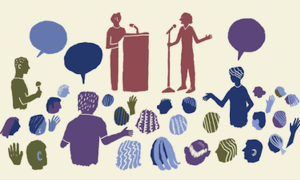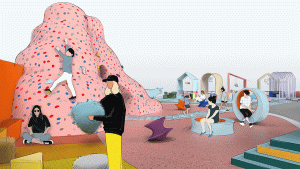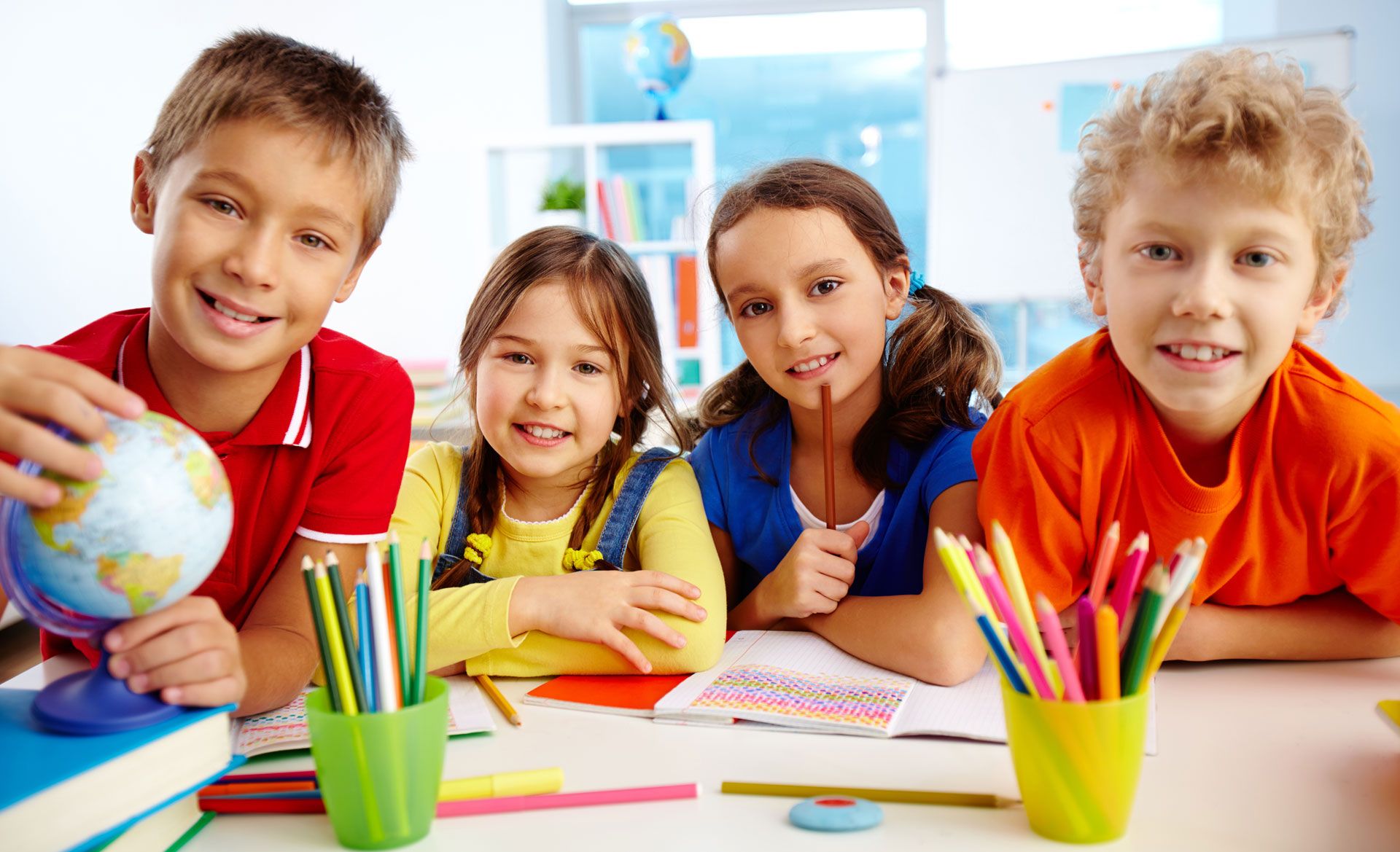Introduction:
In today’s dynamic world, child education centers play a pivotal role in shaping the future generation. These centers have evolved significantly over the years, adapting to changing societal needs, advancements in pedagogy, and technological innovations. Let’s delve into the captivating journey of how child education centers have transformed, molding young minds and fostering holistic development.
Foundational Principles:

Child education centers have shifted from traditional rote learning to a more holistic approach, emphasizing critical thinking, creativity, and emotional intelligence. Educational philosophies such as Montessori, Reggio Emilia, and Waldorf have influenced the development of child-centered learning environments, where children are active participants in their own learning journey.
Innovative Teaching Methodologies:
Modern education centers employ innovative teaching methodologies such as experiential learning, project-based learning, and personalized instruction, catering to diverse learning styles and preferences. These approaches encourage hands-on exploration, problem-solving, and collaboration, fostering deeper understanding and retention of knowledge.
Technological Integration:
Advancements in technology have revolutionized child education centers, with interactive whiteboards, educational apps, and virtual reality enhancing the learning experience and preparing children for the digital age. Technology is seamlessly integrated into curriculum delivery, providing interactive lessons, real-time feedback, and opportunities for virtual field trips, expanding the boundaries of traditional classrooms.
Creating Stimulating Environments:

Contemporary education centers prioritize creating stimulating environments that inspire curiosity, exploration, and collaboration, fostering a love for learning from an early age. Indoor and outdoor spaces are designed to be inviting and flexible, with natural materials, open-ended materials, and interactive learning centers that encourage exploration and discovery.
Parental Involvement and Collaboration:
Recognizing the importance of parental involvement, education centers actively engage parents through regular communication, workshops, and collaborative projects, fostering a strong partnership in the child’s educational journey. Parents are invited to participate in classroom activities, volunteer opportunities, and parent-teacher conferences, creating a supportive community where families feel valued and involved in their child’s education.
Inclusive Education Practices:
Inclusive education practices have gained prominence, ensuring that children of all abilities receive equitable opportunities to learn and thrive in nurturing environments. Education centers embrace diversity and promote inclusivity through differentiated instruction, individualized support, and accommodations that meet the unique needs of each child, fostering a sense of belonging and acceptance.
Promoting Socio-Emotional Development:

Child education centers prioritize socio-emotional development, offering programs and activities that cultivate empathy, resilience, and interpersonal skills, essential for navigating life’s challenges. Social-emotional learning (SEL) curriculum is integrated into daily routines, promoting self-awareness, self-regulation, social awareness, relationship skills, and responsible decision-making, laying the foundation for positive social and emotional well-being.
Cultural Diversity and Global Awareness:
With increasing globalization, education centers embrace cultural diversity and promote global awareness, fostering tolerance, respect, and appreciation for different perspectives and backgrounds. Children learn about diverse cultures, languages, traditions, and global issues through multicultural literature, cultural celebrations, and virtual exchanges, broadening their horizons and cultivating a global mindset.
Environmental Sustainability:
Many education centers incorporate environmental sustainability into their curriculum, instilling eco-consciousness and responsible citizenship in young learners, empowering them to become stewards of the planet. Children engage in hands-on activities such as gardening, recycling, and conservation projects, learning about environmental issues and taking action to make a positive impact on their communities and the world.
Community Engagement and Outreach:
Education centers actively engage with the community through outreach programs, service-learning initiatives, and partnerships with local organizations, instilling a sense of civic responsibility and social justice in students. Children participate in community service projects, fundraising events, and awareness campaigns, making meaningful contributions to society and developing empathy and compassion for others.
Professional Development for Educators:

Continuous professional development for educators ensures that they stay abreast of the latest pedagogical trends, research findings, and best practices, enabling them to deliver high-quality education and support to students. Educators participate in workshops, conferences, and online courses to enhance their teaching skills, cultural competence, and understanding of child development, fostering a culture of lifelong learning and growth.
Future Trends and Innovations:
Looking ahead, child education centers are poised to embrace emerging trends such as artificial intelligence, personalized learning algorithms, and adaptive assessment tools, further enhancing the educational experience and outcomes for students. These technologies have the potential to individualize instruction, provide instant feedback, and personalize learning pathways based on each child’s strengths, weaknesses, and interests, maximizing their learning potential and preparing them for success in the 21st century.
Conclusion:
The evolution of child education centers reflects society’s changing needs, aspirations, and values. By embracing innovation, inclusivity, and collaboration, these centers continue to shape young minds, preparing them to thrive in a rapidly evolving world where creativity, critical thinking, and empathy are essential skills for success.
FAQs
- What is the importance of early childhood education?
- Early childhood education lays the foundation for lifelong learning, cognitive development, and socio-emotional well-being, significantly impacting a child’s future success and happiness.
- How do child education centers promote creativity?
- Child education centers promote creativity through open-ended activities, imaginative play, and opportunities for self-expression, nurturing children’s innate curiosity and innovation.
- Are child education centers only for academic learning?
- No, modern child education centers focus on holistic development, including cognitive, social, emotional, and physical aspects, recognizing the importance of a well-rounded education.
- How can parents support their child’s learning at home?
- Parents can support their child’s learning at home by creating a conducive learning environment, engaging in meaningful conversations, reading together, and encouraging exploration and experimentation.
- What role do technology and digital tools play in child education centers?
- Technology and digital tools enhance learning experiences, providing interactive resources, personalized feedback, and opportunities for virtual exploration and discovery, preparing children for the digital age.
- How do child education centers promote diversity and inclusion?
- Child education centers promote diversity and inclusion through culturally responsive curriculum, diverse literature, celebrations of different traditions, and fostering a sense of belonging for all students.




